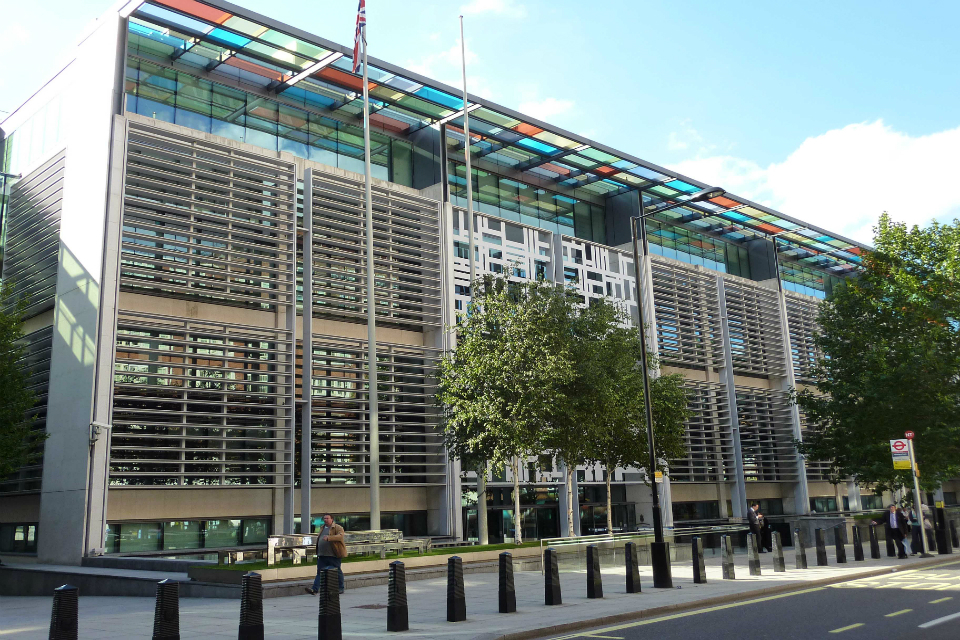Councils in exceptional need of help will today receive letters confirming government support to help balance their budgets.
30 councils in exceptional circumstances have been confirmed to receive support for the coming financial year to ensure delivery of vital public services, protecting vital community assets and promoting economic stability as committed to in the Plan for Change.
As part of this support package, for the first time additional expectations have been set out to protect treasured community assets, culture and identity, with councils using capitalisation instructed not to dispose of community and heritage assets.
Recognising the financial hardships facing the sector, earlier in the month, the government announced more than £69 billion for local government, a 6.8% cash terms increase in councils’ Core Spending Power on 2024-25 in the Final Local Government Finance Settlement. This included a new targeted £600 million Recovery Grant to help councils with greater need and demand for services.
Minister of State for Local Government and English Devolution, Jim McMahon OBE said:
We are under no illusion of the state of council finances and have been clear from the outset on our commitment to get councils back on their feet and rebuild the foundation of local government.
We are working with local leaders, encouraging councils to come in confidence where needed to seek help and be assured we will offer a relationship of partnership – not punishment – in our joint mission to improve public services for communities and create economic stability as set out in our Plan for Change.”
Our long-term commitment is to fix the foundations of local government, including reforming the outdated and inefficient funding model by bringing forward the first multi-year settlements in a decade, creating an updated and fit-for-purpose assessment of need and reforming the local audit system to provide transparency, security and stability to council finances.
However, there are councils in financial difficulty in need of immediate help, and a record number of councils have reached out to the government asking for Exceptional Financial Support (EFS) to help them balance their budgets this year.
The Exceptional Financial Support process has existed since 2020 to support councils facing unmanageable financial pressures. In line with the previous government’s approach, support is provided through a financial flexibility, known as capitalisation, where the government permits councils to treat revenue costs as capital costs and means councils can meet those costs using their existing borrowing powers or via capital receipts.
However, unlike previous years, where local leaders deem it necessary to borrow to support recovery, the government has removed the condition that made borrowing more expensive through a 1% premium. The government will instead work with councils on improvement and actions they can take to help manage their position to ensure value for taxpayer money.
To ensure financial stability and better outcomes for residents the government has consulted on how to best streamline the outdated funding model and distribute taxpayer’s money more fairly, based on an updated assessment of need, enabling every council to deliver high quality services to their communities.
As part of handing local leaders more power and control of their funding, the government will end outdated processes and bureaucracy of bidding for different funding pots and bring forward the first multi-year settlement in a decade in 2026-27 to provide certainty and economic security to councils setting budgets.





